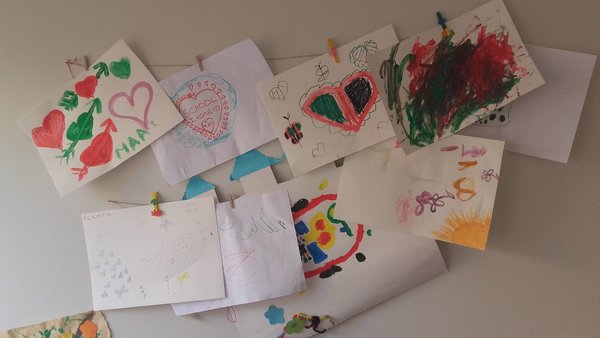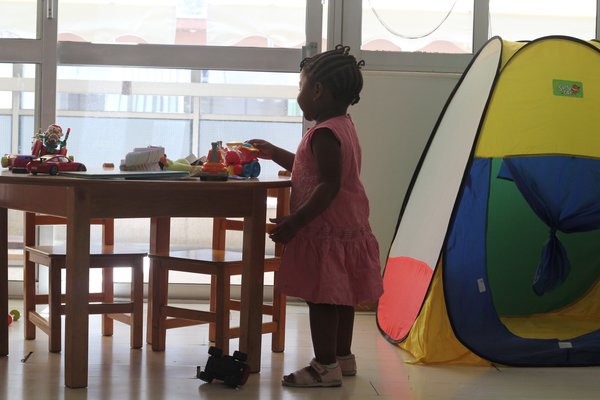Destiny, a Nigerian refugee living in Greece, has three young children aged 7, 9 and 10. Since arriving in the country, she has been actively seeking work to support her family. Though educated, she has been unable to find employment. She is beginning to doubt the value of sending her children to school and also worries that her children may be treated poorly by teachers and fellow students. Many refugees share Destiny’s fears and, like Destiny, decide not to send their children to school.
A recent report by UNHCR, the UN Refugee Agency (‘Left Behind: Refugee Education in Crisis’), indicates that school aged children are supposed to get 200 days of school a year. However, 3.5 million school-age refugees under UNHCR mandate had completely missed out on school in 2016. This is highly alarming as schooling is pivotal in creating stability for refugee families. UNHCR’s report also highlights the value of education, reminding that education “amounts to an investment in the future, creating and nurturing the scientists, philosophers, architects, poets, teachers, health care workers and public servants who will rebuild and revitalize their countries once peace is established and they are able to return.”
This is where the Greek Council for Refugees (GCR) came in with a new project to help refugee children enter in the Greek school system. Dubbed ‘Back to School’, the project is designed to encourage families to confront their fears, concerns and questions about education in Greece. Families will likely find experiences in Greek schools quite different to those in their home or transit countries. Back to School supports families as they make these adjustments.
September is a critical time for this effort because it is the beginning of the school year in Greece. So, GCR has launched the project to coincide with this.
Parents and children attend eight sessions run by a child psychologist, social worker and guest teacher. They cover topics ranging from school routine and rules to building confidence, finding friends and settling in.

Back to School uses creative activities to help children overcome their fears about attending school. The psychologist asks them to draw their school back home, to help them to identify qualities that they hope to find in their new school. If they are lacking confidence in their new environment, the psychologist will ask them to write wishes for the ‘Wish Box’, or act out role-play scenes from daily school life. During these sessions, the psychologist will draw out the children’s goals and ambitions, and show them that attending school can help them achieve these ends.
These fun and interactive activities will help the children feel as comfortable as possible during their first days of school. Parents will be involved in some of these activities when children present their drawings and role plays to the group.
In the meantime, parents will partake in information and discussion sessions to prepare them for the differences they may encounter. Many aspects of the school routine are different in Greece. Parents need to know when to drop their children off and when to pick them up. They should be told that they will need to provide papers and pens, but textbooks will be provided by the school. On some days they need to pack sports clothes and on others to prepare for excursions. The school system expects parents to be aware of this sort of information, but informing them early on helps parents and children to adjust and know what to expect.

In the Back to School first session, a young girl, Fatima, raised her hand amidst the shy silence: “What happens in the Greek school, when someone does not speak a word in Greek? How can I learn anything there when I do not know the language?”
These are exactly the types of concerns ‘Back to School’ addresses. By the end of the sessions, GCR aims for Fatima to feel confident that the language barrier will be navigated and that she will feel secure as she enters her new classroom in Greece.
Back to School is part of the ESTIA programme (Emergency Support to Integration and Accommodation), supported by UNHCR and the European Commission. It is also supported by Polychromi Poli (Colorful City), a programme of the Periphery of Attica, offering psychosocial and educational support to refugee children.
Share on Facebook Share on Twitter